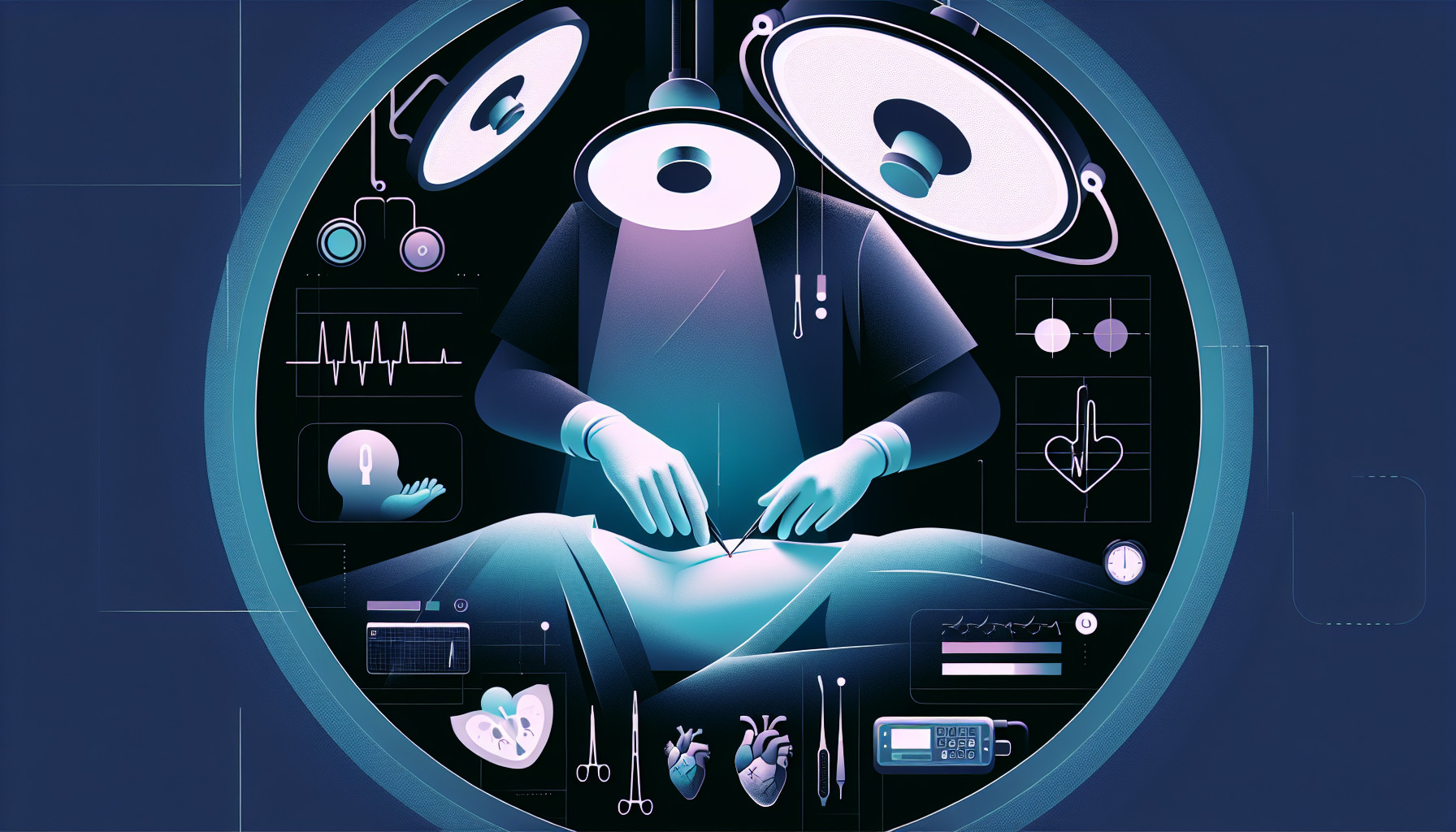Our Summary
This research paper studied the body composition of women who had undergone a radical mastectomy, which is a surgery that removes all breast tissue to combat or prevent breast cancer. The researchers compared the body composition of these women to that of a group of healthy women. They used a method called electrical bioimpedance to analyze body composition, which is a safe and widely accepted standard in this field.
The results showed that women who had undergone a radical mastectomy had a worse body composition compared to the healthy women. They were generally overweight and had high levels of body fat. These differences were statistically significant in areas such as overall body mass, Body Mass Index (BMI), total body water, and fat mass in both the left and right upper limbs.
The researchers concluded that having an abnormal body composition is a risk factor that can be changed to prevent breast cancer. Therefore, it’s important for these women to improve their lifestyle, including their diet and physical activity levels. They also suggested that more education and dietary supervision are needed for women after a radical mastectomy.
In the future, they plan to expand their research to study the importance of diet and physical activity in preventing and treating breast cancer.
FAQs
- What is a radical mastectomy and why is it performed?
- What differences in body composition were found between women who underwent a radical mastectomy and healthy women?
- What are the suggested lifestyle changes for women who have undergone a radical mastectomy according to the researchers?
Doctor’s Tip
A helpful tip a doctor might tell a patient about radical mastectomy is to focus on maintaining a healthy lifestyle, including a balanced diet and regular exercise. This can help improve body composition and overall health, which may play a role in preventing or managing breast cancer. Additionally, staying in close communication with healthcare providers for ongoing support and monitoring is essential for optimal health outcomes.
Suitable For
Patients who are typically recommended radical mastectomy include those with:
- Large or locally advanced breast cancer tumors
- Inflammatory breast cancer
- Recurrent breast cancer
- High-risk genetic mutations, such as BRCA1 or BRCA2
- Extensive ductal carcinoma in situ (DCIS) or lobular carcinoma in situ (LCIS)
It is important to note that the decision to undergo a radical mastectomy is a personal one and should be made in consultation with a healthcare provider based on individual circumstances and preferences.
Timeline
Before a radical mastectomy, a patient may experience symptoms such as a lump in the breast, changes in breast shape or size, nipple discharge, or skin irritation. After diagnosis, the patient will undergo various tests such as imaging scans and biopsies to determine the extent of the cancer. They will then meet with their healthcare team to discuss treatment options, which may include surgery, chemotherapy, radiation therapy, or hormone therapy.
After a radical mastectomy, the patient will undergo a period of recovery, which may include pain management, physical therapy, and emotional support. They may also need to adjust to changes in their body image and self-esteem. Follow-up appointments and regular screenings will be necessary to monitor for any signs of recurrence or new cancer.
Overall, the experience of a patient before and after a radical mastectomy can be physically and emotionally challenging, but with proper support and care, they can lead a healthy and fulfilling life after treatment.
What to Ask Your Doctor
Some questions a patient should ask their doctor about radical mastectomy include:
What are the potential complications or side effects of a radical mastectomy?
How will a radical mastectomy affect my body composition and overall health?
What lifestyle changes can I make to improve my body composition after a radical mastectomy?
Are there any specific dietary recommendations I should follow after the surgery?
How can I safely increase my physical activity levels post-surgery?
Are there any support groups or resources available for women who have undergone a radical mastectomy?
How often should I schedule follow-up appointments to monitor my body composition and overall health?
Are there any additional screenings or tests I should undergo to monitor for recurrence or secondary cancers?
What are the long-term implications of a radical mastectomy on my overall health and well-being?
Are there any clinical trials or research studies that I may be eligible to participate in to further understand the impact of radical mastectomy on body composition and breast cancer prevention?
Reference
Authors: Wilczyński J, Sobolewski P, Zieliński R, Kabała M. Journal: Int J Environ Res Public Health. 2020 Dec 2;17(23):8991. doi: 10.3390/ijerph17238991. PMID: 33276660
